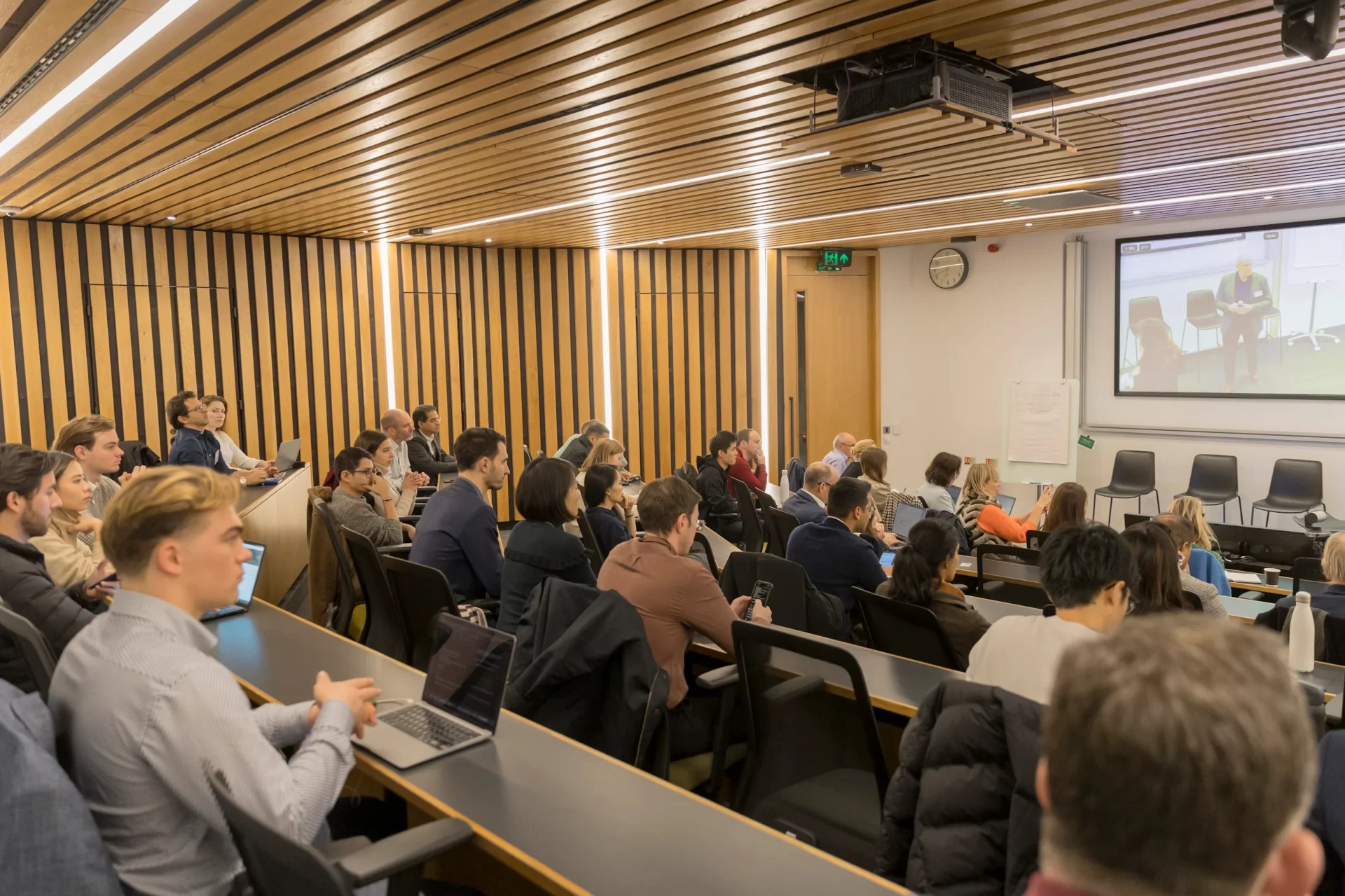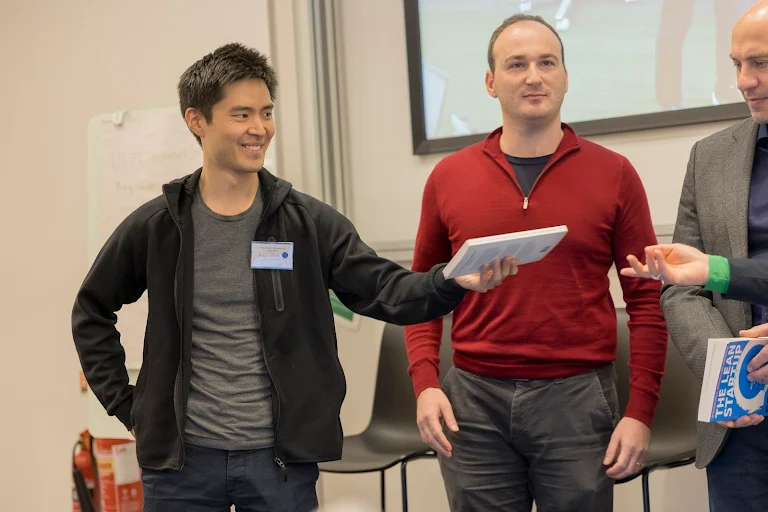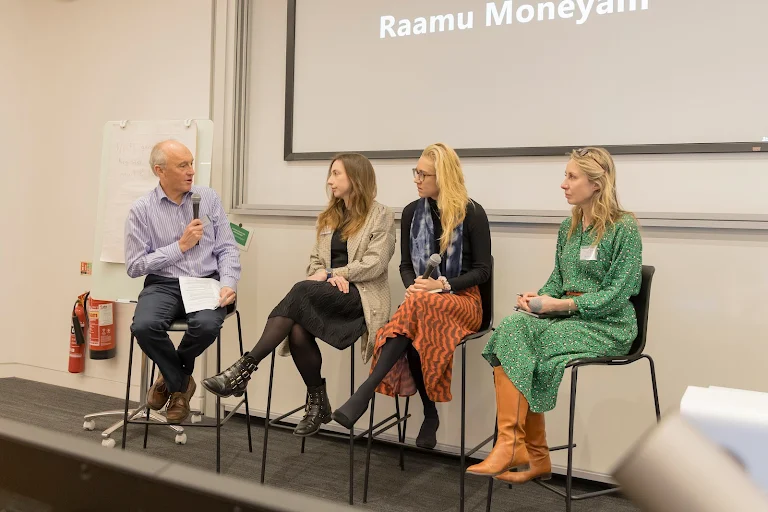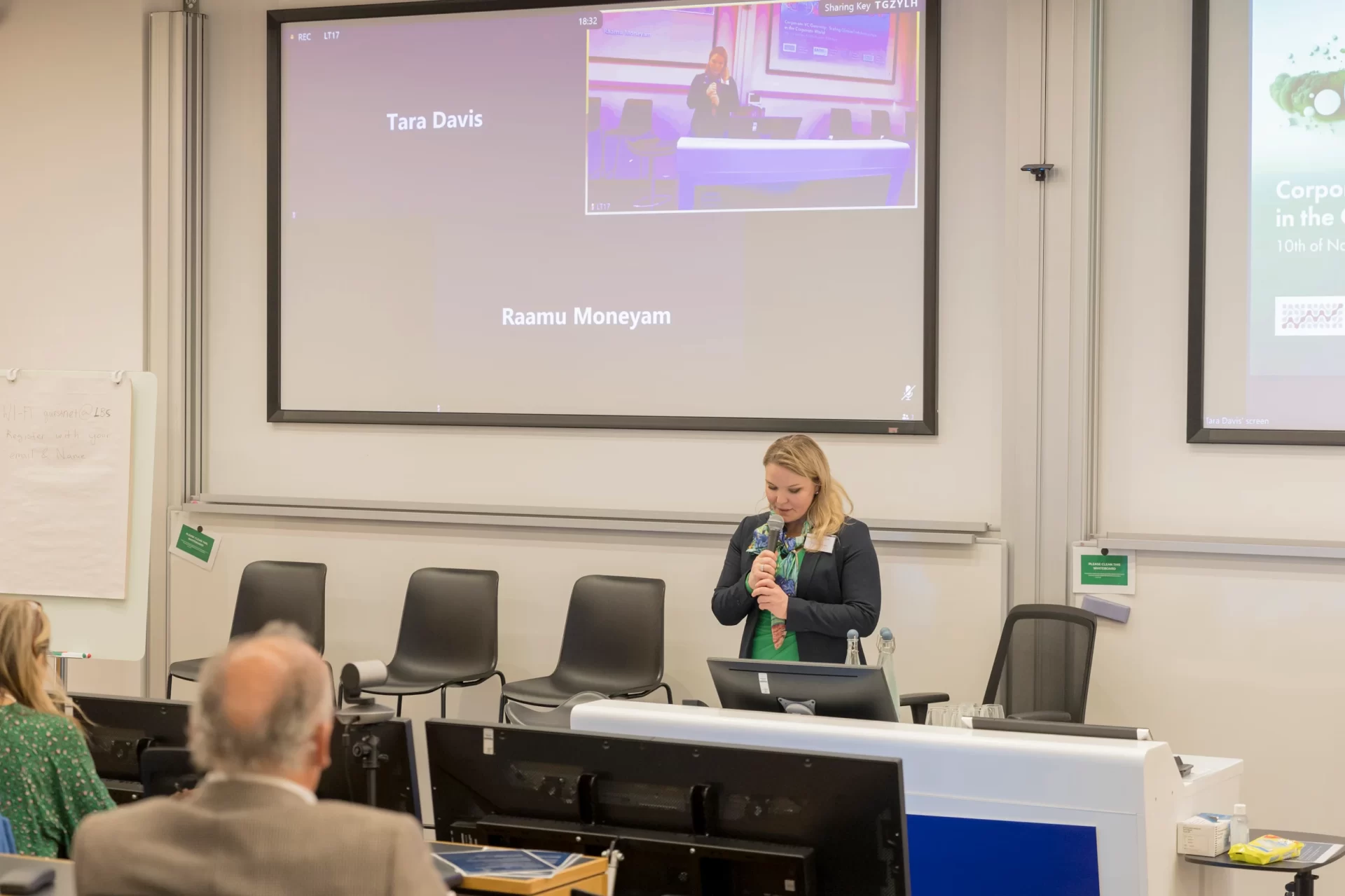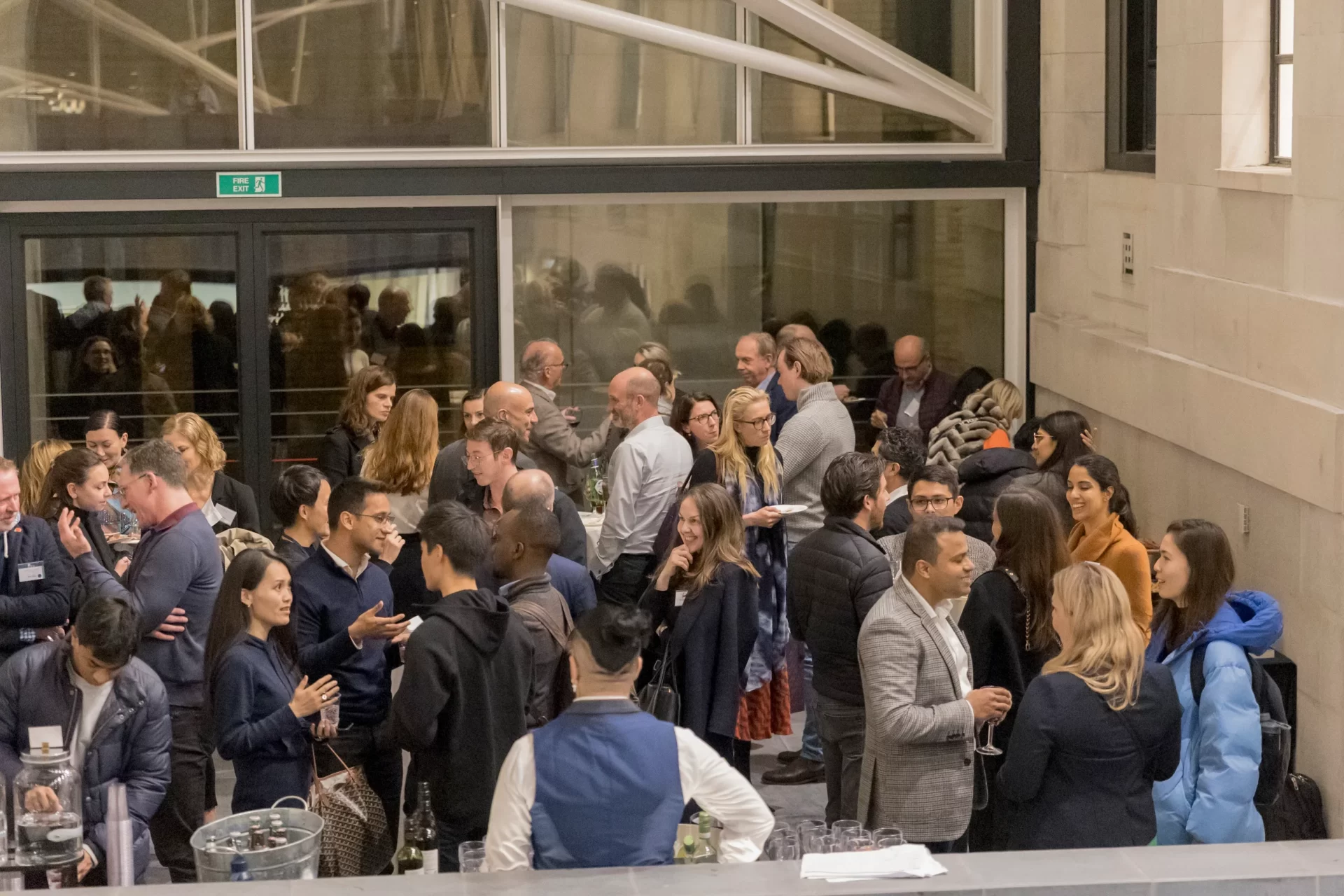ClimateTech and Corporate VCs: ask for advice and money will come, ask for moneyand get advice.
The “bridge between sustainable corporate buyers and climate start-ups” continues to be built at the ClimateTech panel events organized by 1step2market at London Business School. In any case, this is the goal, according to 1step2market CEO Nastasya Savina, that the support platform for start-ups and investors sets for itself. The event was supported by Barnes Law Associates, the London Business School Energy and Environment Club and Net Zero Insights.
This time, as part of the event, the jury evaluated the pitch sessions of five start-ups, and there was also a panel discussion dedicated to Corporate VCs (CVC), which ended with informal networking.
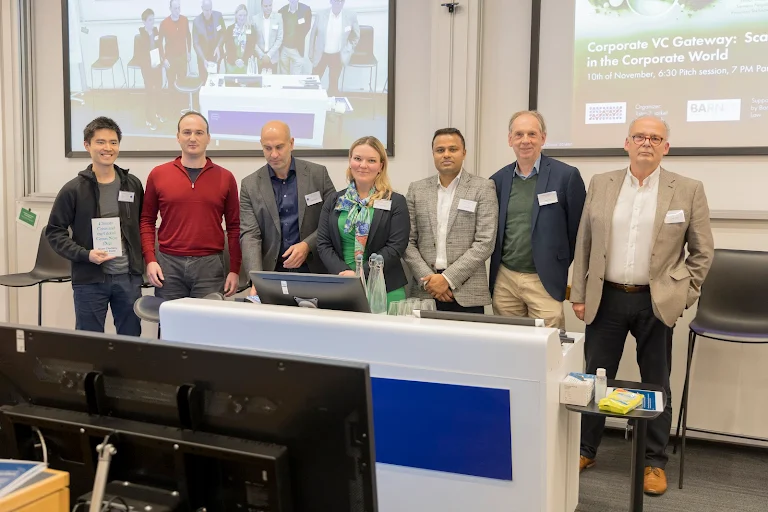
It should be noted that the start-ups that presented their business on the 1step2market platform were pre-selected from several dozen candidates. As a result, the jury was presented with Aed Energy, Debye Ltd, Hubl Logistics Ltd, Kavakenand Ki Hydrogen – companies involved in energy storage, fertilizers, food production and transportation systems, wind energy and the production of green hydrogen. The jury comprised of some of the renowned investors and entrepreneurs in the field of ClimateTech, including Olga Filippova, senior investor at Siemens Negative Emissions Technologies; Charlotte Kirk, investor at Fortescue Ventures; Raamu Moneyam, investment manager at BayWa r.e. Energy Ventures; Philippa Martinelli, Head of Business Strategy, UNICEF Venture Fund; Teruke Kyuden, Senior Vice President of Caygan Capital; Milti Chryssavgis, CEO of Drashta Impact and Natalia Koroleva, an experienced angelinvestor.
Based on the results of the presentations, the jury selected three winners – Aed Energy, Hubl Logistics and Ki Hydrogen. Nastasya Savina urged investors: “Pay attention and support all five selected start-ups. I believe in them and am rooting for their success!”
The panel discussion (including Olga Filippova, Charlotte Kirk, Philippa Martinelli and Raamu Manyam, as well as Andrew Gole, moderator, and CEO of Aimava) discussed building relationships between ClimateTech start-ups and investors in corporate VCs. Here are the key points that were discussed during the panel, presented by Nastasya Savina:
- 1. Prior research and open communication is key:“Before approaching a corporate VC, it is important to research the investor’s mandate, interests and priorities, and then discuss them openly in a face-to-face meeting. This approach will help you develop an appealing story to the VC, manage your expectations, and avoid disappointment.”
- 2. There are different types of corporate VCs: “Some are focused on synergies; others prioritise financial returns; some have internal customers within the organizations, and others are entirely independent. They focus on different stages. Some are a child of a commercialcompany; others are born from public organisations. There is no one-size-fits-all – and it is important to study each case.”
- 3. The benefits of working with a corporate VC go beyond patient money: “A corporate VC can help with supply chain (secure necessary suppliers) or provide expertise and corporate training. Also, the process of obtaining insurance “might be easier” if the start-up“lives under a corporate VC umbrella.”
- 4. How to win the heart of a corporate VC? The question can be answered by quoting Raamu Moneyam: “Relationships, relationships and relationships!”; “just like in a marriage, goals and expectations must match (for example, the start-up’s history and goals must match the investor’s mandate). But this is not enough. There must be some kind of “chemistry” between the investor and the founder of the company – personal comfort, trust,and likeability.”
At the same time, Savina also shared thoughts on the possible reasons for the “unsuccessful relationship” with Corporate VC: “not all industry segments have a great corporate VC covering it. Sometimes, there just aren’t any. Another reason for not signing up with a CVC is that it might be difficult to sell to competitors of the CVC’s parent. This will significantly limit the start-up’s market.”
So, what is the process for creating a corporate start-up-venture fund relationship? In the words of Andrew Gaul: “The middle P is “people”. It’s the people that these investors have to relate to in their organisations, who they have to relate to in their partners, in their funds… So, understanding what these Corporate Ventures want and building the relationships is vital. Ask for advice and build these relationships, and the money will come. Ask for money, and you will probably get some advice.”
1step2market plans to hold a series of similar events to build relationships in the field of ClimateTech. Some of the potential topics are ‘grassroots’ climate regulation, sustainable procurement, and climate reporting standards.

